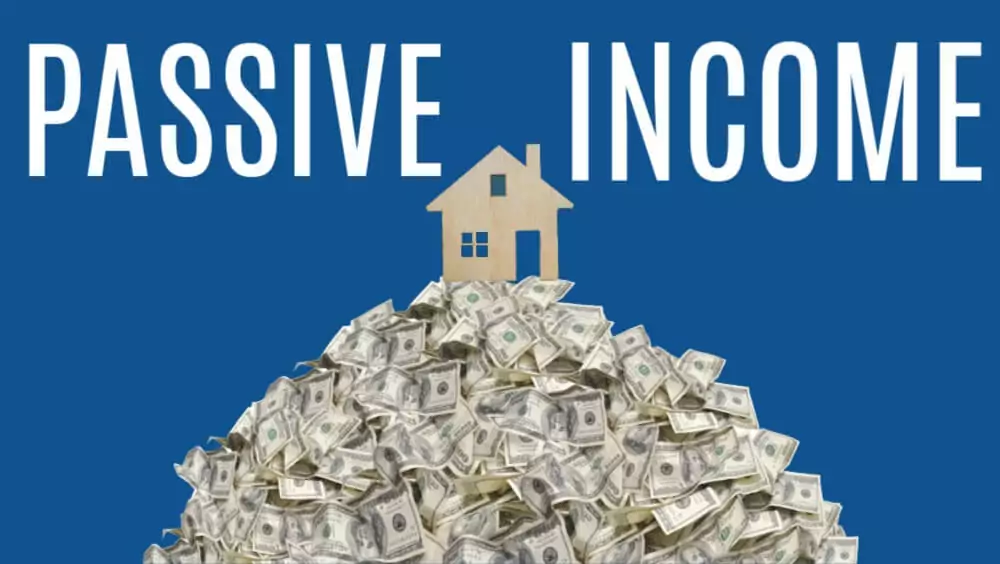California rental laws can complicate lease agreements when you don’t know your legal rights. This article outlines important California landlord tenant laws for security deposit rules, rent payments, property maintenance, evictions, and other state regulations that can protect you from less-than-ideal situations.
Note: While this article aims to be helpful, we recommend you get the advice of a qualified California real estate lawyer when navigating tenant disputes.
Selection, Screening, and Rental Agreements
In California, you can use any screening criteria as long as it doesn’t violate any state or federal laws. For example, you can ask prospective tenants for proof of income, a credit check, and a criminal background check with their rental application.
Some cities have special rules and additional protections for tenants during the screening process. In Oakland, landlords can’t ask about criminal history.
Tenant screening also has to comply with Fair Housing Act rules against discrimination based on color, race, gender, religion, familial status, sexual orientation, disability status, and more.
You can charge a non-refundable application fee, but it can’t exceed the state limit. As of 2023, landlords can charge $55. You must provide an itemized receipt for this fee.
Lease agreements can include penalties for certain violations like late payments or ending a lease early without reasonable advance notice or cause. However, tenants can forfeit rent or leases if you don’t meet your obligations.
If you need a lease agreement, you can access a free California Lease Agreement and have it e-signed for free through Baselane. Click here to learn more.
Rights
- Screen tenants and ask for documentation that complies with city, state, and federal laws.
- Charge a rental application fee in accordance with California Civil Code regulations.
- Include a landlord-tenant agreement for rules, duties, and codes of conduct in the lease.
- Enforce lease violations like late rent payments and unlawful use of rental premises.
Responsibilities
- Uphold Fair Housing rights against discrimination for tenants.
- Keep rental application fees below state limits and always provide a receipt.
- Do not set rules that are unreasonable or retaliate against lease violations.
- Give reasonable notice before evicting a tenant.
- Allow tenants to withhold rent or end a lease early for uninhabitable conditions or not meeting your obligations.
Collecting Security Deposits
California landlord-tenant law on security deposits limit fees to two months’ rent for unfurnished rentals and three months’ rent for furnished units. Security deposit rules for active service members set these maximums at one month and two months, respectively.
Pet and cleaning deposits can be included in the security deposit amount, which is refundable. Any ongoing fees for pets (commonly called pet rent) are separate from security deposits for tenants and non-refundable.
Security deposits can be used to cover property damage (beyond wear and tear) and unpaid rent or utilities when the lease ends. A complete list of deductions must be provided to the tenant.
When a tenant moves out, you have 21 days to return a security deposit. There’s no state law that requires landlords to pay interest on security deposits in California, but some cities have these regulations.
Rights
- Charge up to the maximum security deposit amount.
- Include other fees in the deposit (e.g., a pet deposit).
- Deduct any amount owing or damage from a security deposit.
Responsibilities
- Pay interest on the deposit based on local laws.
- Provide a list of security deposit deductions.
- Return security deposits to tenants within 21 days.
Collecting Rent Payments
Once a tenant moves in, you have the right to collect rent payments as agreed upon in the lease agreement. You can require the rent to be paid in your chosen method, like automated online rent collection.
Annual rent increases are allowed so long as they comply with rent control legislation. In California, landlords can only raise rent prices by 10% or 5% plus inflation (whichever is lower) over a 12-month period. Tenants must receive a 30-day written notice before a rent increase.
California landlord-tenant law doesn’t specify a rent grace period, which means you can charge late fees right away. Late rent fees should be reasonable and clearly mentioned in the lease.
If a tenant falls behind on rent, you must give them three days notice (excluding weekends and judicial holidays) before starting the eviction process. If the tenant disputes your eviction notice, you can sue for possession.
Tenants have the right to not be harassed over late rent payments and can stay in the rental unit until a writ of possession is enforced.
Rights
- Collect rent payments and late fees using your preferred method as specified in the lease.
- Increase rent prices once every 12 months.
- Evict tenants for nonpayment of rent.
- Sue for property possession and damages.
Responsibilities
- Follow statewide rent control laws for rent payments and increases.
- Provide a 30-day notice before annual rent increases.
- Provide a 3-day eviction notice for nonpayment of rent.
- Allow evicted tenants to stay in the rental until a writ of possession is enforced.
Maintenance and Repairs
In California, landlords are responsible for maintaining a habitable living space. This means fixing things when they break, like a leaking roof or a broken window.
As a property owner or landlord, you have the right to enforce your tenant’s obligation to keep the rental unit in reasonable condition. If tenants or their guests cause damages, they are responsible for repairs.
According to the California Civil Code, tenants must receive a landlord entry notice 48 hours before inspections and 24 hours before repairs. You can enter without proper notice if the tenant agrees or in an emergency.
Rights
- Require tenants to keep rental units clean and sanitary.
- Enter the unit for inspections or necessary repairs.
- Enter without proper notice if there’s an emergency.
- Refuse to repair damages caused by tenant malice or neglect.
Responsibilities
- Keep the rental property habitable and safe.
- Repair damages not caused by tenants or their guests.
- Provide notice 48 hours before inspections and 24 hours before repairs.
Providing Utilities
While you can require renters to pay for utilities like gas, electricity, cable, and internet, you must provide functioning facilities. For example, if the tenant pays the electric bill, you must supply a water heater. The lease should specify whether utility fees are included in the monthly rent or if tenants pay them separately.
Renters rights in California prohibit landlords from cutting off utility services like water or power, even if you pay the bills. This includes turning off utilities for the purpose of evicting a tenant.
Rights
- Require tenants to pay for utilities.
Responsibilities
- Keep facilities in working order for heat, water, and electricity.
- Never cut off utilities, even if you pay them.
- Clarify utility payment details in the lease.
Ending a Tenancy
According to landlord rights in California, you can take back possession when the lease ends (with adequate notice). You can end a lease early if a tenant violates lease terms or engages in illegal activity on the premises. Tenants must receive a three-day notice to either pay the amount owed or vacate the rental unit. You can file an eviction suit if they don’t pay or move out within that timeframe.
Tenants have the right to end a lease early if the rental unit is not in liveable condition due to improper or negligent maintenance. Other circumstances for early lease terminations include landlord retaliation or harassment, tenants going on active military duty, or if there’s an early termination clause in the lease agreement.
Rights
- End a tenancy without cause at the end of the lease term.
- Require tenants to provide reasonable advance notice before moving out.
- End a tenancy for lease violations or illegal activity.
- Begin eviction proceedings if a tenant doesn’t pay or vacate after the notice period.
Responsibilities
- Provide a 3-day pay or quit notice before filing for eviction.
- Allow renters to end their tenancy at the end of a lease term.
- Allow early lease terminations for active service members and tenants with just cause.
The Bottom Line
While California is a landlord-friendly state, you could be liable for unpaid rent if you don’t meet your obligations. Avoid disputes with a clear lease agreement and property management tools that create a paper trail.
Baselane offers solutions tailored for landlords to help handle rent payments, late fees, security deposits, lease agreements, and more. Book a FREE Demo today.







